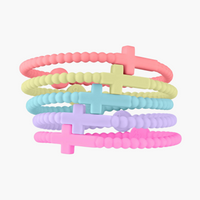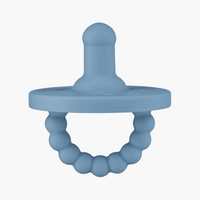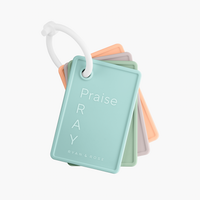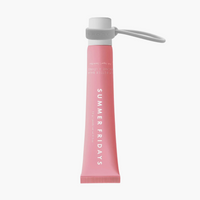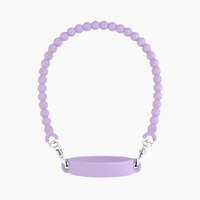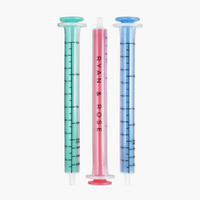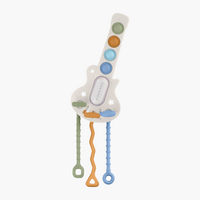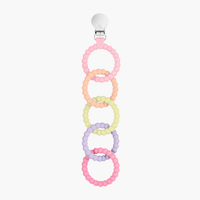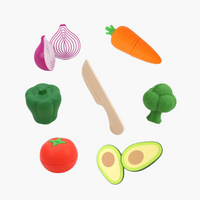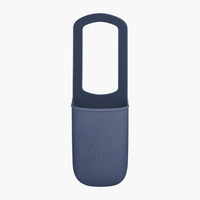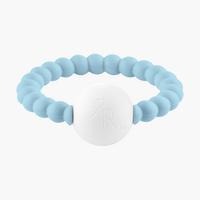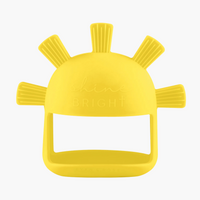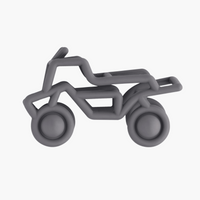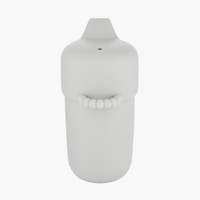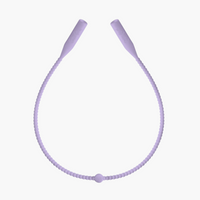
If you’ve ever popped a paci in the mouth of a hiccupping baby, you know it’s a quick way to get the discomfort to go away. However, not every parent is sold on the idea. Can a pacifier help a baby with the hiccups, and if so, how does it work?
What Exactly Is a Hiccup?
The diaphragm is a muscle at the bottom of your lungs that helps you breathe and separates your chest from your stomach. A hiccup is essentially an involuntary spasm of your diaphragm that causes you to suddenly suck in air. When this spasm hits your voice box, your vocal cords suddenly close, which is what makes the “hic” sound. If your diaphragm keeps spasming over and over again, it can cause discomfort and soreness in the muscles, and if you keep swallowing air, it can potentially cause an upset stomach. Babies have these same muscles, and just like us, when their diaphragm gets irritated, they’re going to hiccup.
Why Do Babies Get Hiccups?
H ow do babies get hiccups? If you’re a parent, you’re likely already aware of the reason—babies don’t know how to slow down! They just don’t come with a slo-mo button, so when they’re ready to eat, they’re going to chow down. That voracious appetite can lead to swallowing air, which can irritate the diaphragm and cause hiccups.
How Can a Pacifier Help?
Now that we know why hiccups happen and why your baby may be a frequent hiccuper, it’s time to consider whether a pacifier can really help a baby with the hiccups. The answer is that it certainly can! When you put a pacifier in a baby’s mouth, their instinct is to suck, aptly known as the sucking reflex. With this reflex, breathing and swallowing have to be coordinated. In engaging these sucking muscles, your baby can relax the muscles responsible for hiccupping, as they’re all connected to one another.
Pacifiers have so many benefits for your baby, so it’s no surprise if your little cutie goes through them like diapers. If you’re short on pacifiers, or even teethers, sippy cups, and baby aprons, shop our catalog of adorable, colorful, non-toxic baby products.



